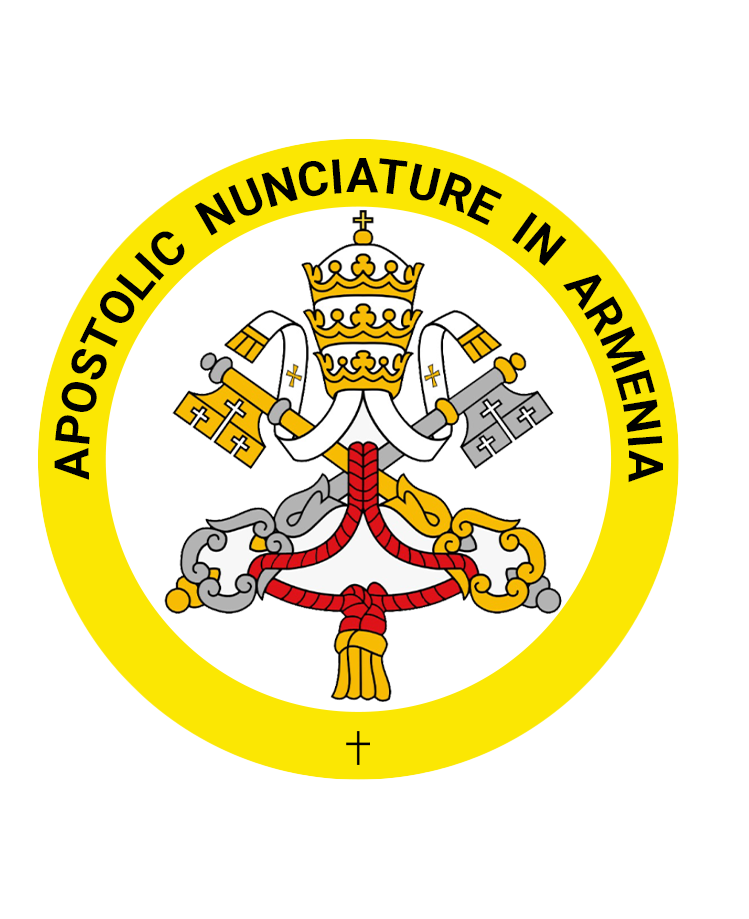- 18 October 2021
- admin
- 0 Comments
- Senza categoria
Holy See’s worldwide diplomatic Relations
The Holy See has official diplomatic relations with 185 States and international organizations, including the Republic of Armenia.[1] Although the Vatican is part of the Holy See, the Holy See is not the same as the Vatican City State. The Holy See is the universal government of the Catholic Church seated in the Vatican City State, a sovereign, independent territory of 0.44 square kilometers. Pope Francis heads both the Vatican City State and the Holy See. The Holy See acts and speaks for the whole Catholic Church. The Holy See is recognized in international law as a sovereign juridical entity. The Holy See is a reality that dates back to early Christian times. Ambassadors from around the world are officially accredited to the Holy See and not the Vatican City State. Papal representatives or Apostolic Nuncios (Ambassadors) are officially accredited to States and international organizations. Nuncios are recognized as representing the Holy See.
As a sovereign entity, the Holy See engages on the global stage and Pope Francis is one of the world’s most significant moral voices. The Holy See represents the Catholic Church which is a global religious institution with over 1.4 billion faithful (over 17.5% of the world’s population); reaching into every corner of the planet through its 500,000 priests, 800,000 sisters/nuns, 219,655 parishes [2]. It holds a privileged status as interlocutor with the two other Abrahamic faiths – Islam and Judaism.
Pope Francis’ contribution to international issues is of importance to all nations. The Holy See is one of the world’s oldest, largest, and truly global institutions. The Holy See is a valuable listening post for accredited embassies. Pope Francis often highlights many of the areas that the Holy See and the international community of States work together on: peace, human dignity, social justice, democracy and the environment to name but a few. In recent years, the Holy See has contributed to international issues, such as the peace process between Chile and Argentina in the Beagle conflict, in the peace process in Northern Ireland and with the transition in Central and Eastern Europe after the fall of the “iron curtain” to name a few cases. Today’s senior world States person, Queen Elizabeth stated, “… we deeply appreciate the involvement of the Holy See … in the fall of totalitarian regimes across central and Eastern Europe has allowed greater freedom for hundreds of millions of people. The Holy See continues to have an important role in international issues, in support of peace and development and in addressing common problems like poverty and climate change.”[3]
Popes throughout the ages, including Pope Francis, have been leading world figure in defending human dignity and solidarity with the plight of the poor and outcast. He has called for “new approaches” to improve the human condition in many important areas, such as, freedom of religion, quality of life, job creation, education, support to families, to refugees and migrants, and especially the persecuted. He has also called for the provision of basic healthcare, poverty relief, care for the environment, and disarmament.[4]
The Holy See’s diplomacy gives a voice to those who have no voice and gives weight to moral values on the international agendas of Nations.
Notes:
[1] Annuario Pontificio 2020, Vatican 2021, page 1251-1305.
[2] Statistiche Santa Sede, 2020, Vaticano.
[3] Her Majesty The Queen, speech to the Pope, Edinburgh, 16 September 2010.
[4] Pope Francis Encyclical Letter “Fratelli tutti˝, Vatican, October 2020.

